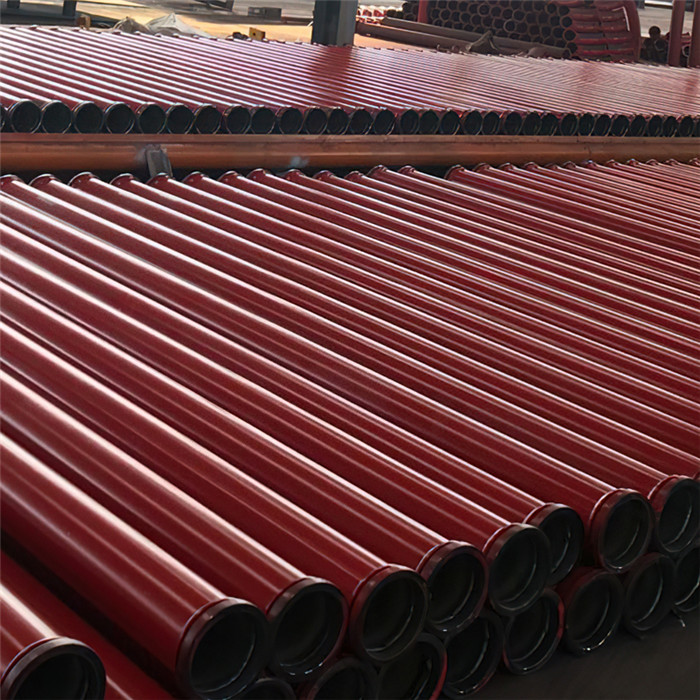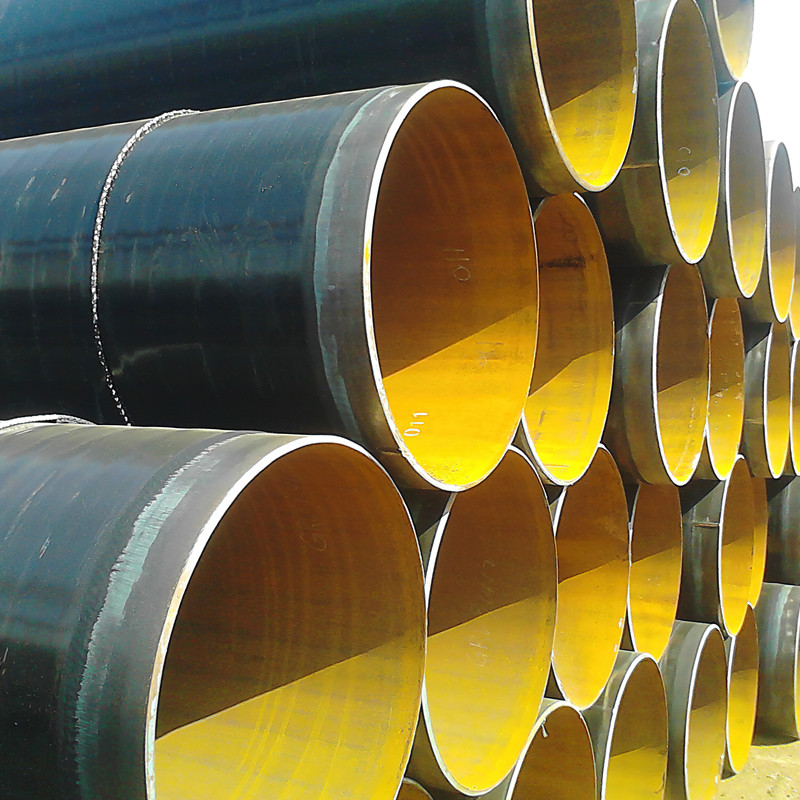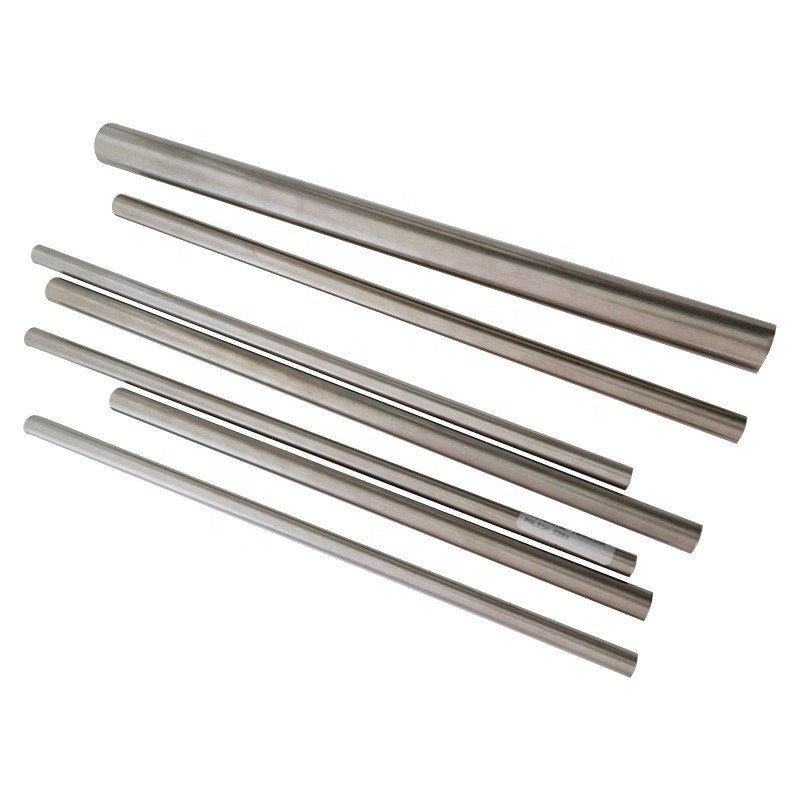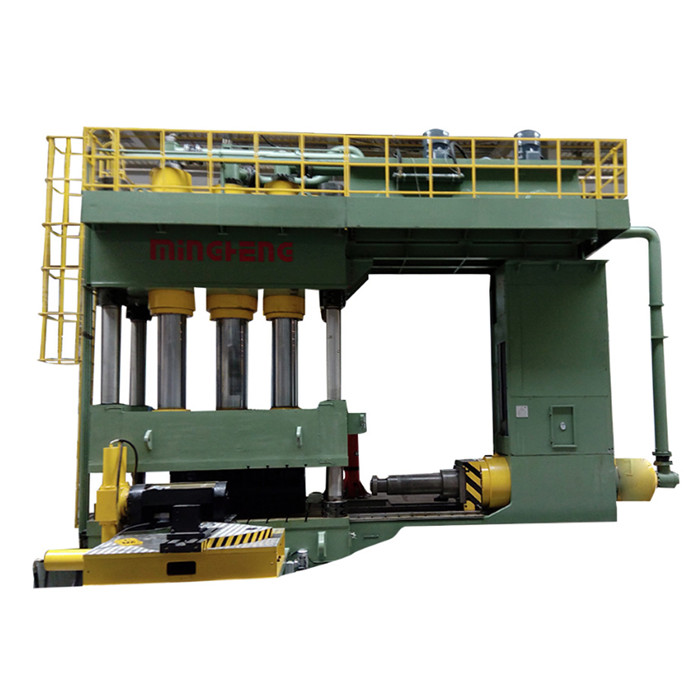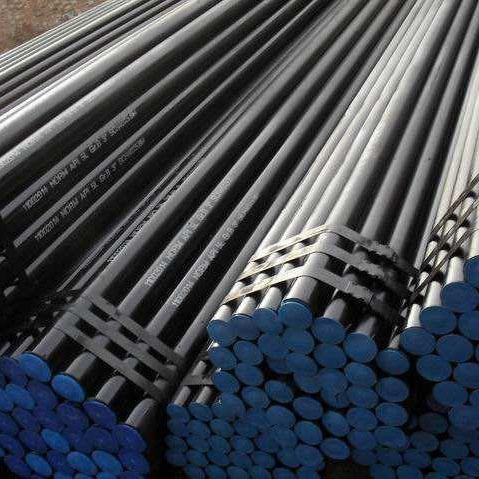Cold forming tees are having a moment—here’s what matters before you buy
If you’re speccing a new tee making machine, you’ve probably noticed the shift: more plants are moving from hot forming to precise cold forming to save energy, reduce scrap, and hit tighter tolerances. To be honest, the difference on the shop floor is obvious—less scale, cleaner finishes, fewer rework tickets.
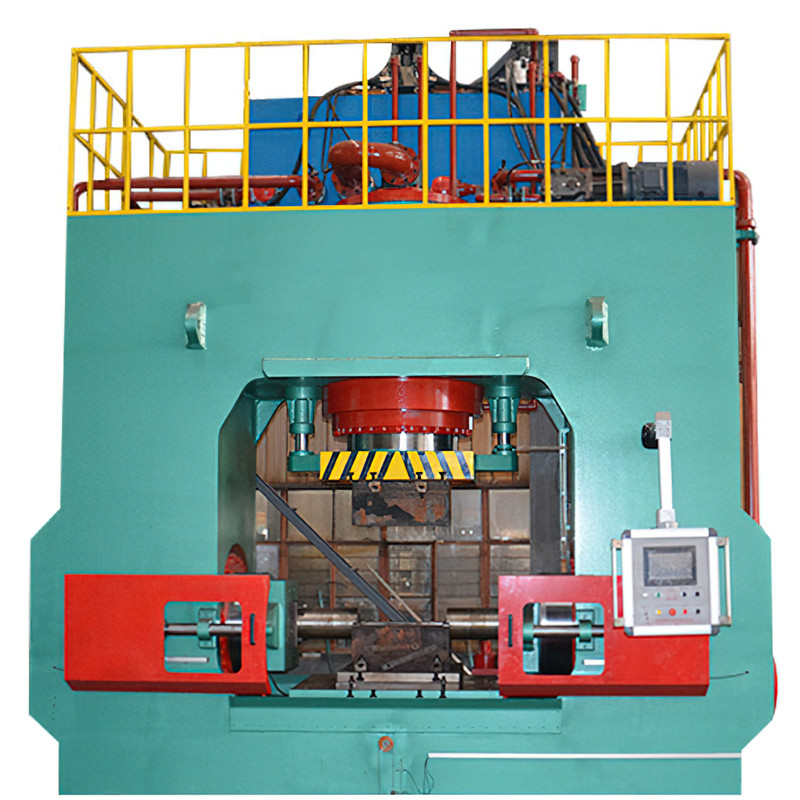
Product snapshot: Cold Forming Tee Making Machine (GIL114)
Origin: Rm 1103, Shangpintaihu Bld 3#, Tongzhou District, Beijing. Color options: green or blue. It’s a compact workhorse for carbon steel, stainless steel, and alloy steel tees in the small-to-medium diameter range.
| Model | GIL114 | Type | Cold forming tee making machine |
| Size range | OD 17–114 mm | Thickness | max 8 mm (sheet), wall up to 25 mm |
| Capacity | ≈455 kg/hour (real-world may vary) | Energy | 30 kW per ton nominal (≈30–45 kWh/ton typical) |
| Dimensions (L×W×H) | 2700×800×2700 mm | Materials | CS, SS, alloy steel |
Data from factory sheet; confirm per grade and die set.
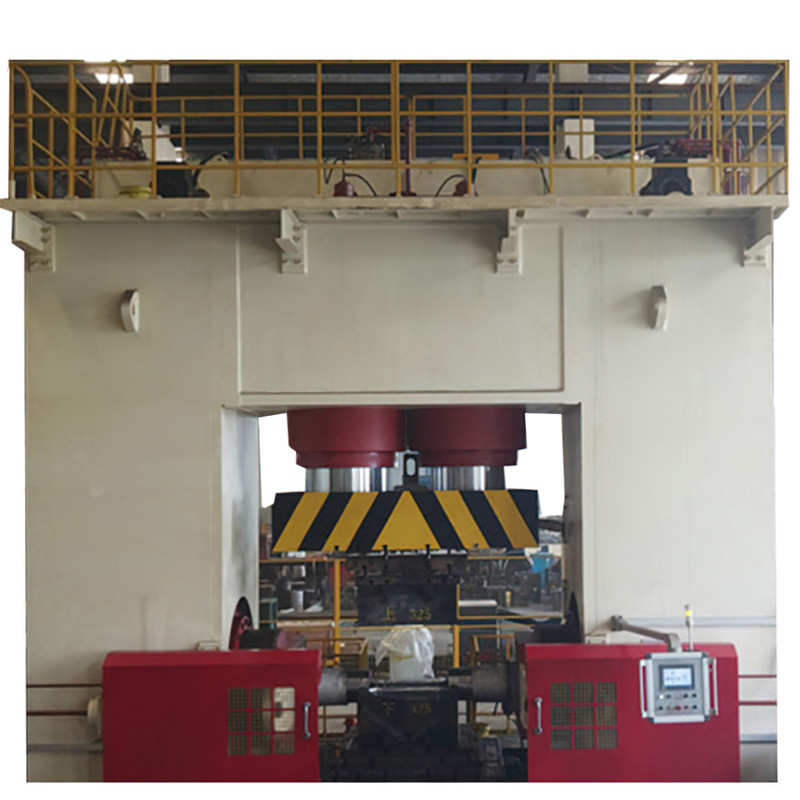
How the process works (quick but not dirty)
-
- Materials: ASTM A234 WPB, A403 (SS), and common alloy grades.
- Methods: Cold expanding/branch extrusion with calibrated mandrels and segmented dies; controlled lubrication; force feedback on the ram.
- Flow: Cut + bevel → heating optional (below recrystallization) → cold branch forming → sizing → trimming → shot-blast → NDT → hydrotest (if required).
- Testing: Dimensional per ASME B16.9; UT per ASTM E213 or MT per E709; hardness per ASTM E18; mechanical per A370; hydrostatic at 1.5× design (typical).
- Service life: ≈20–30 years depending on medium, temp, and corrosion controls.
Where it’s used
Oil & gas spools, chemical lines, power plant BOP, food-grade SS manifolds, firefighting networks, and, surprisingly, skid OEMs chasing short lead times. Many customers say the tee making machine pays for itself on scrap savings alone.
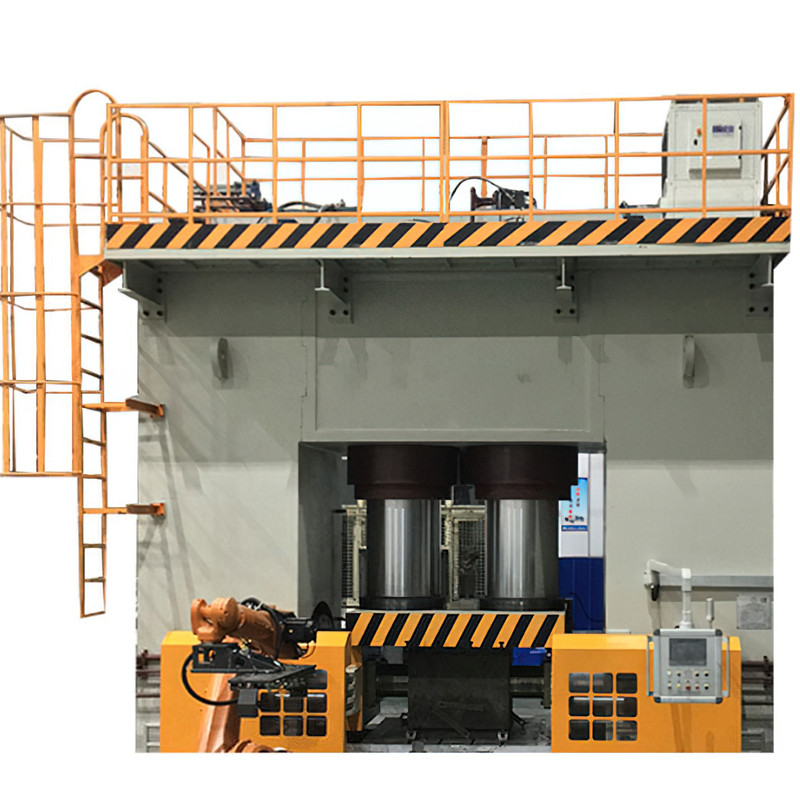
Why cold forming (and this unit in particular)
-
- Tight tolerances with less scale and rework.
- Lower energy vs hot forming; smoother ID/OD transitions.
- Predictable mechanical properties; easier downstream pickling or passivation.
- Compact footprint for crowded shops.
Vendor snapshot (approximate, public-facing data)
| Vendor | Capacity | Energy/ton | Certs | Lead time | After-sales |
|---|---|---|---|---|---|
| World Steel Material (Beijing) | ≈455 kg/h | ≈30–45 kWh | ISO 9001, CE, PED (claims; verify) | 4–8 weeks | Remote + on-site start-up |
| AsiaFab Forming Co. | ≈400 kg/h | ≈40–55 kWh | ISO 9001 | 6–10 weeks | Remote only |
| EuroForm Machines | ≈420 kg/h | ≈35–50 kWh | ISO 9001, CE | 8–12 weeks | On-site (EU) |
Customization (stuff buyers actually ask for)
-
- Color: green or blue; private label on request.
- Dies/mandrels tuned for OD 17–114 mm; special radius sets for thin-wall SS.
- PLC/HMI brands per region; 380V/50Hz or 480V/60Hz.
- Optional auto-lube, tool quick-change, barcode routing to QA.
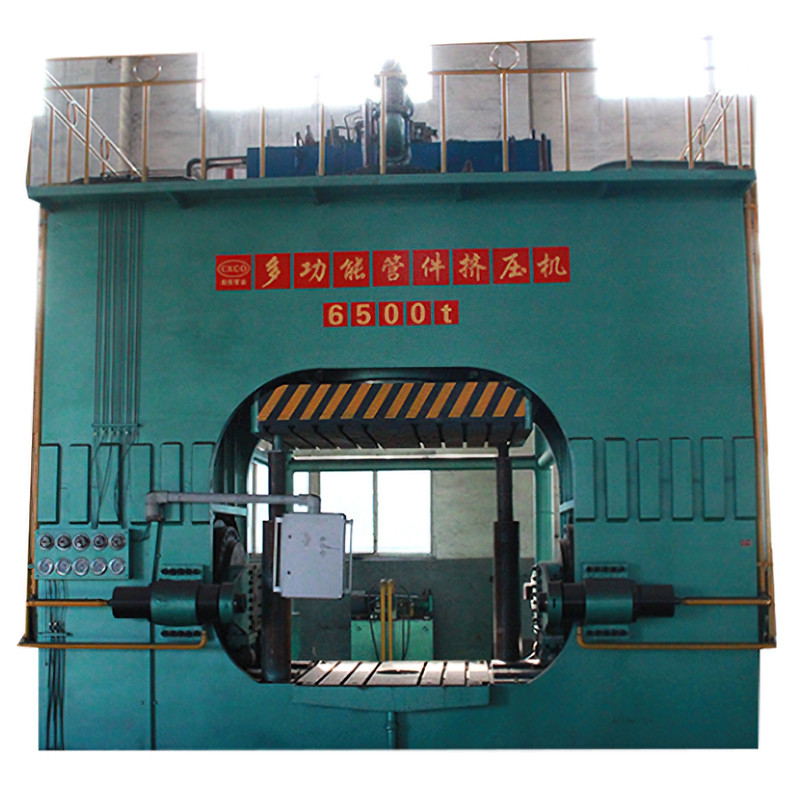
Mini case: midstream spool shop
A Gulf-region fabricator swapped an aging hydraulic press for this tee making machine. Over 90 days, first-pass yield rose from 92% to 98.4%; average hydrotest failure rate dropped by 60%. Operator notes? “Less cleanup, faster sizing.” QA logged dimensional conformance to ASME B16.9 within ±0.5 mm on branch ID for SS tees—solid for real-world mill tolerances.
Compliance and documentation
Expect material certs (EN 10204 3.1), ISO 9001 QMS, and machine CE marking where applicable. Dimensional checks aligned to ASME B16.9; materials per ASTM A234/A403. If you need PED or ATEX adjacency on the line, ask early—lead times can slip.
References
- ASME B16.9—Factory-Made Wrought Buttwelding Fittings. asme.org
- ASTM A234 / A403—Standard Spec for Steel Pipe Fittings. astm.org
- ISO 9001—Quality Management Systems Requirements. iso.org
Post time: Oct . 06, 2025 00:45










